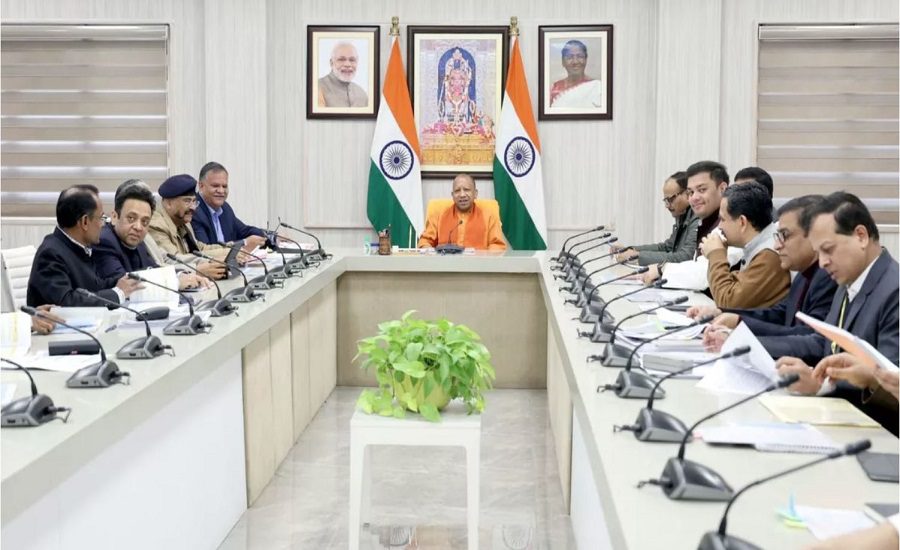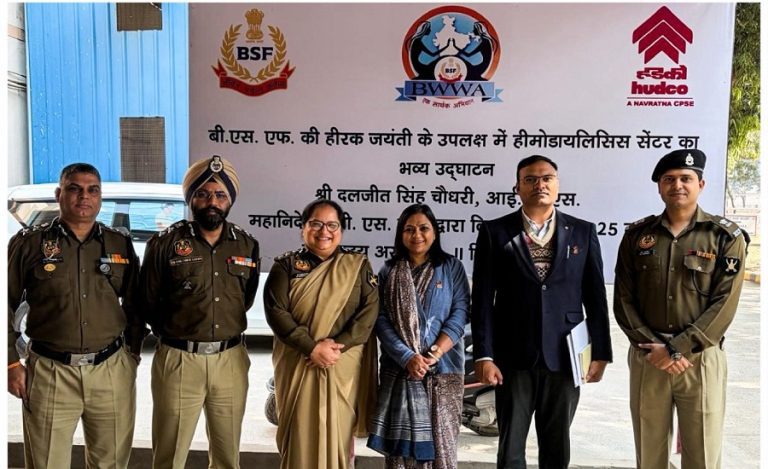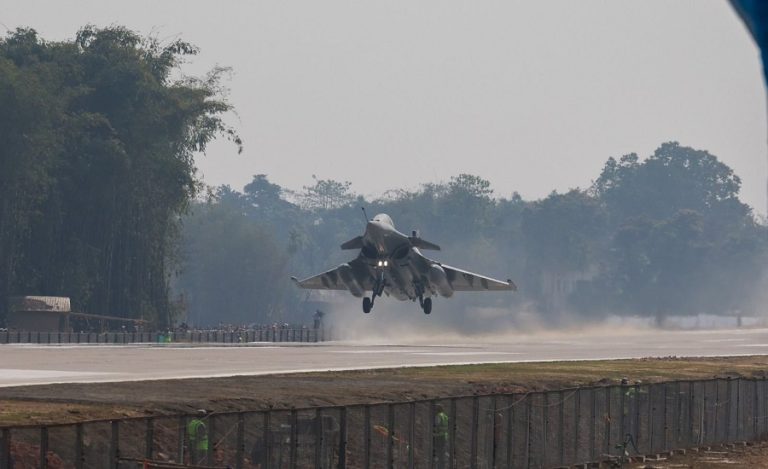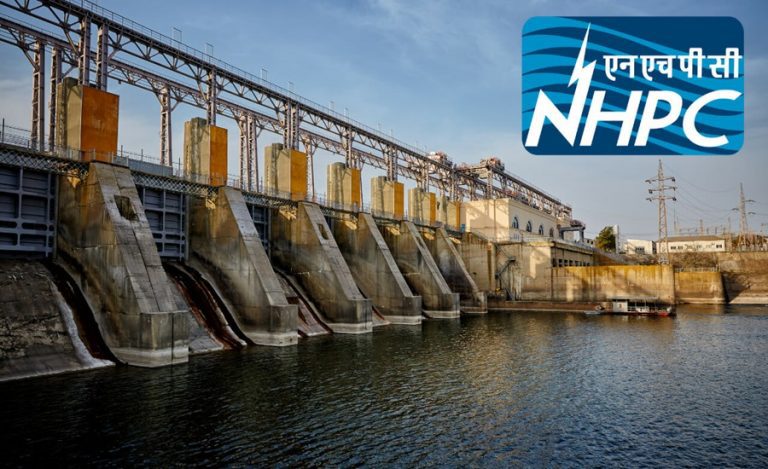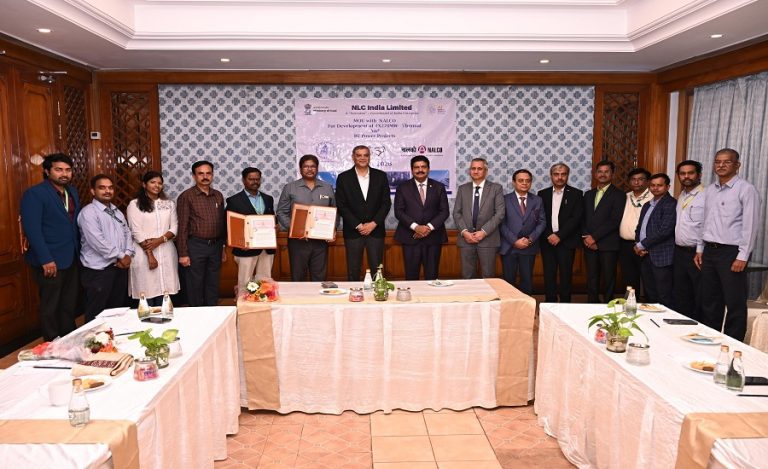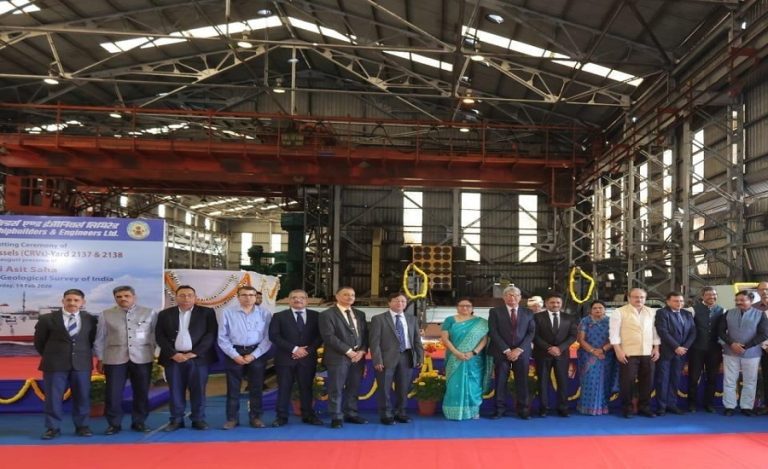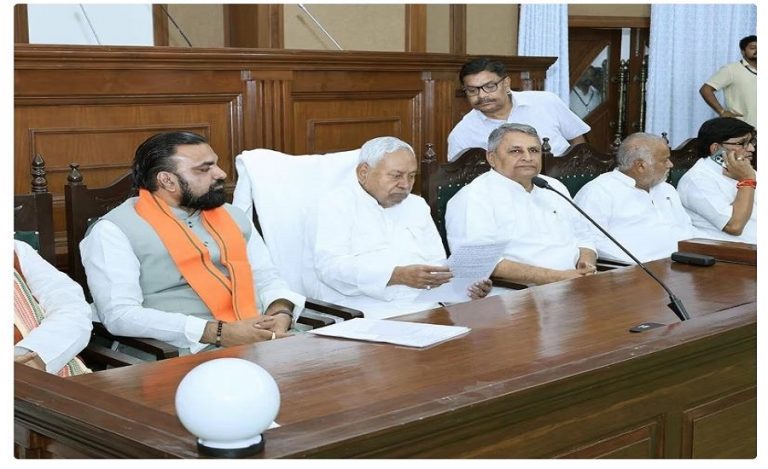Lucknow— In a decisive move to address a decades-old issue of displacement and rehabilitation, Uttar Pradesh Chief Minister Yogi Adityanath has directed officials to take urgent and concrete steps to grant legal land ownership rights to thousands of families displaced from East Pakistan (present-day Bangladesh) and resettled in various parts of the state between 1960 and 1975.
Presiding over a high-level meeting in Lucknow, the Chief Minister emphasized that the matter goes beyond administrative or legal concerns and must be approached as an issue of social justice, humanity, and national responsibility.
“This is not just a policy decision; it is a sensitive and historic step toward delivering justice to those displaced families who have lived in uncertainty for decades,” CM Yogi said. “These families must be treated with both sensitivity and dignity—it is the moral responsibility of the government.“
Read Also: Lucknow Emerges Among India’s Top 3 Cleanest Cities: A Testament to CM Yogi Adityanath’s Vision & Governance
Historical Resettlement After Partition
According to official records, following the partition and political unrest in East Pakistan, thousands of refugee families migrated to India and were settled in districts such as Pilibhit, Lakhimpur Kheri, Bijnor, and Rampur in Uttar Pradesh. These families were initially accommodated in transit camps and were allotted agricultural land to help rebuild their lives.
However, despite decades of residence, cultivation, and in many cases, the construction of permanent homes, most of these families have not received legal ownership of the land they occupy.
Legal and Administrative Hurdles
Officials informed the Chief Minister that multiple legal and administrative issues have delayed the formal transfer of land rights:
- In many villages, land allotted to displaced families was erroneously recorded under the Forest Department, complicating ownership claims.
- Mutation and registration processes were left incomplete at the time of initial resettlement.
- In some cases, physical possession exists but families’ names are absent from official land records.
- Several plots have also been encroached upon or informally transferred to other individuals without proper legal documentation.
- A number of the original allottees have either migrated or passed away, further complicating inheritance and claim disputes.
CM Yogi Calls for Legal Innovation and Speed
CM Yogi emphasized the need to explore alternative legal avenues in light of the repeal of the Government Grant Act in 2018, which had previously been used for such land allocations. He directed officials to find new provisions within the current legal framework that could enable long-overdue land titles to be granted.
The Chief Minister stressed that this effort must be time-bound, transparent, and must prioritize the families who have remained on the allotted lands and continued to contribute to the region’s development.
“This is an opportunity to honour the life-long struggles of those who took refuge in India under extraordinary circumstances. It is our duty to restore their dignity and legal rights,” Yogi added.
Next Steps and Administrative Measures
The state government is expected to:
- Launch a district-wise verification drive to assess and update land records.
- Identify families eligible for formal land ownership based on actual possession and usage.
- Resolve cases of land disputes or overlapping claims in consultation with revenue and legal departments.
- Prepare a legal framework to offer clear ownership rights where older legal mechanisms are no longer valid.
Officials have also been tasked with reviewing the status of encroachments, identifying non-resident allottees, and developing a rehabilitation and regularization plan for current occupants.
This move comes as part of the Yogi government’s broader push to recognize historical injustices, promote land record modernization, and ensure inclusive development. With over 10,000 families potentially affected, the directive is likely to have significant legal, political, and humanitarian implications in the coming months.

